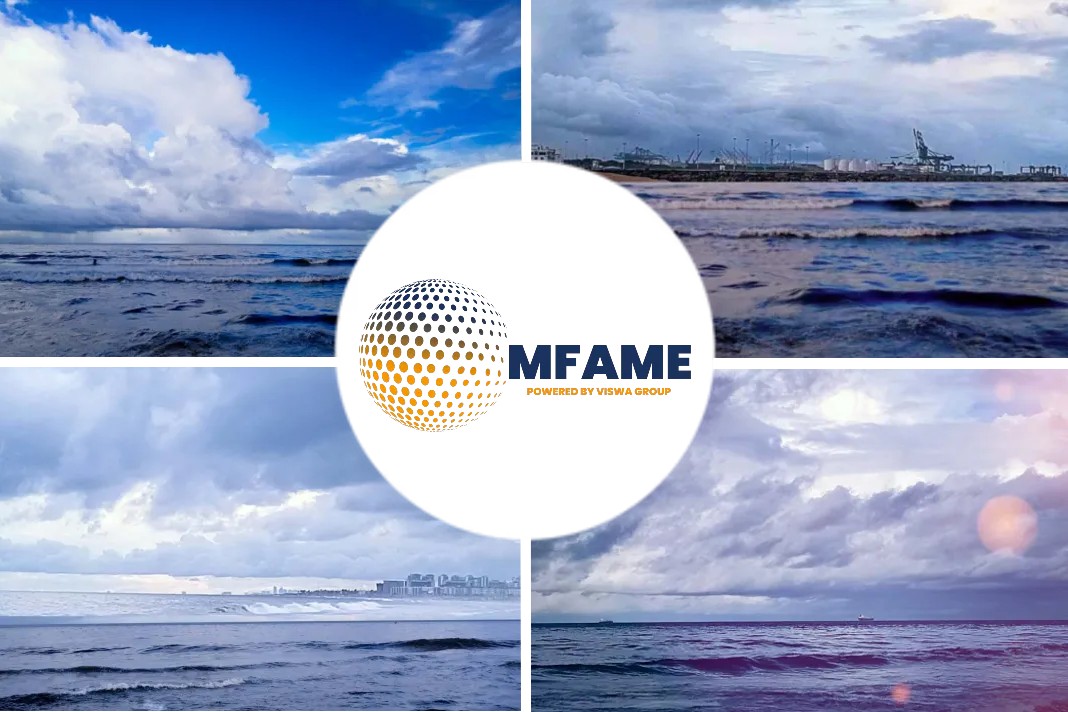
UMAS is a sector-focussed, commercial advisory service that draws upon the world-leading expertise of the University College London (UCL) Shipping Team, combined with the advisory and management system expertise of UMAS International Ltd. UMAS director of strategy and operations, Chris Thorne, explained how the 2023 IMO GHG strategy update will impact shipping’s decarbonisation transition, as seen through the lens of the techno-economic theory of the S-shaped curve, reports Riviera.
S-shaped curve
The S-shaped curve offers valuable insights into large-scale transitions, such as the adoption of mobile phones and now the decarbonisation of the shipping industry.
Europe conference
Speaking at the Maritime Decarbonisation, Europe Conference, Awards & Exhibition in Amsterdam, held in September 2023, Mr Thorne said the first stage is the ‘emergent phase’, where experimentation and learning take place. During this stage, stakeholders explore different approaches, conduct pilots, and gather valuable knowledge about what works and what does not.
Diffusion phase
Once the necessary conditions and knowledge are established, the ‘diffusion phase’ begins. This is when new fuels and technologies are rapidly scaled up and integrated into the industry. Market share starts to shift towards these new technologies, as widespread adoption takes place.
Reconfiguration phase
In the final phase, known as the ‘reconfiguration phase’, the remaining laggards adjust their operations and transition towards zero-carbon emissions. This stage involves mopping up the remaining pockets of resistance, as the industry undergoes comprehensive restructuring. The goal here is to ensure that all shipping operations align with sustainable practices.
Mr Thorne noted that green corridors will play a significant role in shipping’s decarbonisation transition, particularly towards the end of the emergent phase. They are mechanisms, he said, aimed at building human capital and capacity in the supply chain. Green corridors focus on creating environmentally friendly routes and infrastructure that facilitate the use of low-carbon fuels.
Mr Thorne added that the tipping point towards wide-scale decarbonisation will occur when approximately 5% of the shipping industry achieves zero-carbon emissions. It is at this point that conditions become favourable for a rapid transition towards more sustainable practices. Recognising the importance of this transition, IMO has set progressive targets to drive the shipping industry towards low-carbon fuels by the year 2030.
Did you subscribe to our daily newsletter?
It’s Free! Click here to Subscribe
Source : Riviera

















